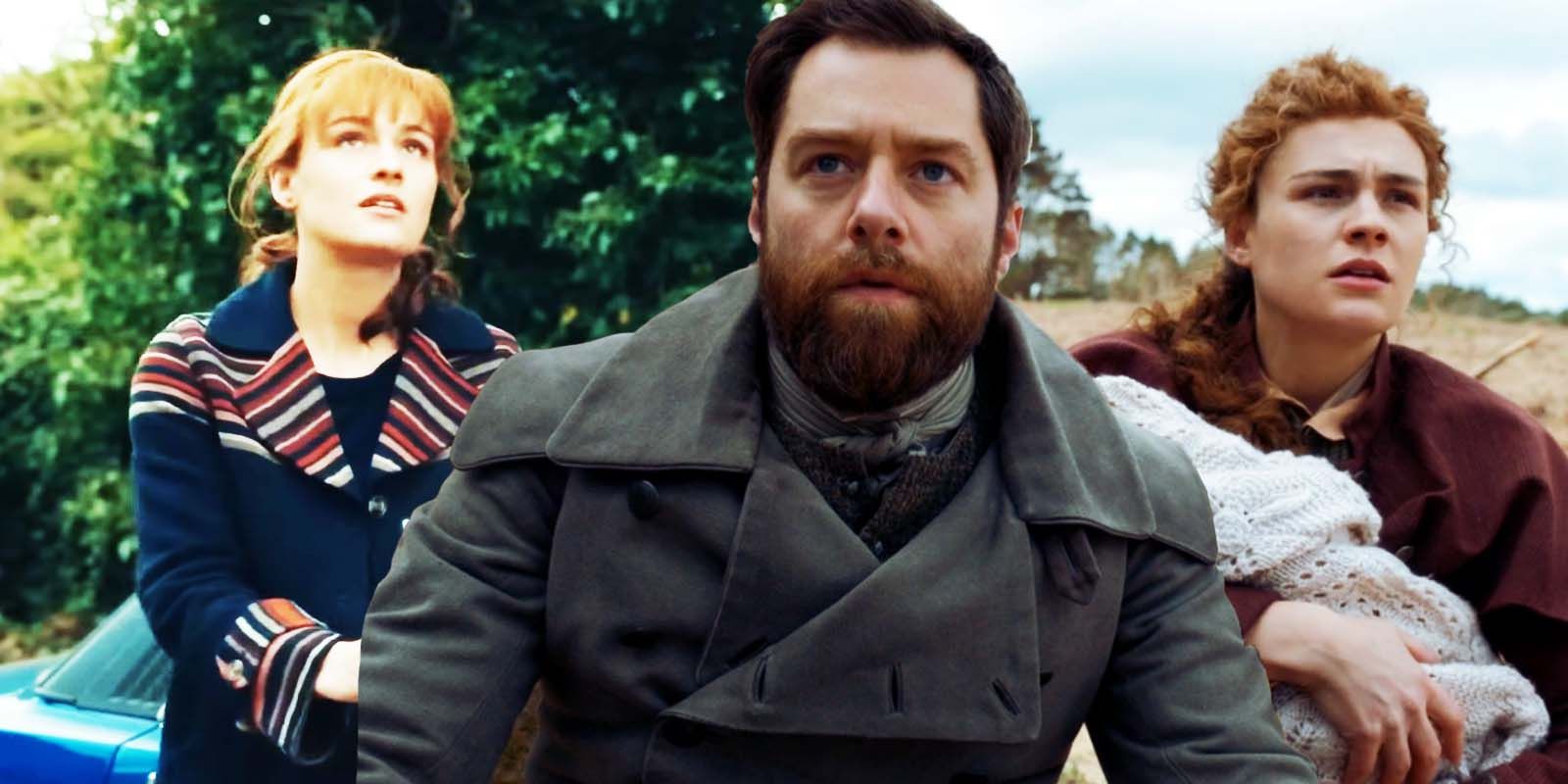Sports
How Sports Stories Inspire: ESPN Celebrates ‘30 For 30’ 15th Season

L – R, Sheryl Swoopes ,Jennifer Azzi, Lisa Leslie, Carla McGhee, Katy Steding, Katrina McClain, … [+]
Sports is more than a game. It’s a common language across multiple generations and cultures. It’s a passion. It’s a community. People identify with their favorite team, league and player; they experience loyalty from an early age that drives past-time activities.
ESPN’s 30 for 30 documentary series takes sports fans behind the scenes on their favorite moments and athletes and introduces them to new narratives. On Oct. 6th, the sports network is releasing a special edition directed by Gentry Kirby and hosted by acclaimed comedian and Emmy Award nominee Roy Wood Jr. The celebratory program will revisit some of the series’s most impactful and beloved films. At the helm is Marsha Cooke, vice president and executive producer for ESPN Films and 30 for 30.
“Our stories are original, moving, resonant, culturally relevant, funny,” Cooke shares during a Zoom interview. “It’s like a Lay’s potato chip. You just can’t eat one. People go back to the library time and time again, which is one of the things that I love about the 15 years and where we’re going. Everything we do, we think of them [each episode] as evergreen.”
In October 2009, the series launched with Kings Ransom, a Peter Berg’s documentary on Wayne Gretzky. Since then, the series has taken millions of viewers around the world through engaging storytelling about sports from different areas of the globe.
Bill Simmons is credited as the originator of the idea. In 2007, he sent a memo to ESPN executives proposing the concept of 30 documentaries to celebrate ESPN’s 30th anniversary. Connor Schell joined him in his efforts to make the series a reality. Cooke joined the team in 2021, leveraging her three decades of experience in media to create award-winning content.
Marsha Cooke, Marsha Cooke, vice president and executive producer for ESPN Films and “30 for 30.”
The vice president came from VICE Media Group, where she served as senior vice president of global news and special projects. She orchestrated the media company to push the limits of broadcast news formats and played a crucial role in integrating VICE’s forward-thinking values with its award-winning content. Prior to VICE, Cooke spent 24 years at CBS. She was the first Black Asia Bureau Chief, responsible for coverage across the continent, producing stories for various CBS News shows.
“As much as I love, continue to love and support journalism,” she explains, “especially when thinking about broadcast journalism and local journalism, I realized that I had an opportunity to flip the script and make a pivot from news and all that comes with it to have an opportunity to have an even larger platform to tell narrative stories.”
Cooke now works alongside Kirby, producer and director for 30 for 30, and Brian Lockhart, who oversees strategy and development of all original programming initiatives under the ESPN Films umbrella and E60 and business affairs. Together, the 30 for 30 team created an hour-long special featuring interviews with co-creators and original executive producers Simmons, Schell and John Dahl, along with acclaimed directors and contributors, including Michael Bonfiglio and Nanette Burstein.
Director Steve James working on 30 for 30 “No Crossover: The Trial of Allen Iverson”
“I think it’s telling people something they don’t know,” Kirby states. “We’ve gone through a lot of stories that people know, but now, after a while, we got to a place where we started to explore more stories. And I think that’s where we’ve expanded the series in not just doing stick and ball type sports, but also where we’ve started to branch off, whether it be competitive eating or gaming. That has been a great development with the series, and we just keep on pushing the boundaries of what a 30 for 30 is.”
The legacy series expanded its reach in 2017 by starting a podcast. The team wanted to share more stories and continue the dialogue.
“We go so far beyond the results of a particular moment,” comments Lockhart. “We might start with a moment in time or an era that we can link back to, but it is the centralization, it is the humanization of characters, and it is the ripples. It’s long-lasting impact.”
Cooke’s ability to apply journalistic storytelling carries her into the next phase of 30 for 30. She’s focused on how the directors tell the story, ensuring the tension keeps the audience engaged.
“I really love that sports stories can tell you more about life than I think people realize, or maybe they have realized that through our films that in the 15 years,” Cooke concludes.



:quality(70):focal(958x822:968x832)/cloudfront-us-east-1.images.arcpublishing.com/shawmedia/JAEFIIKPTVFAPKJ55WWVVO7HAY.jpg)




